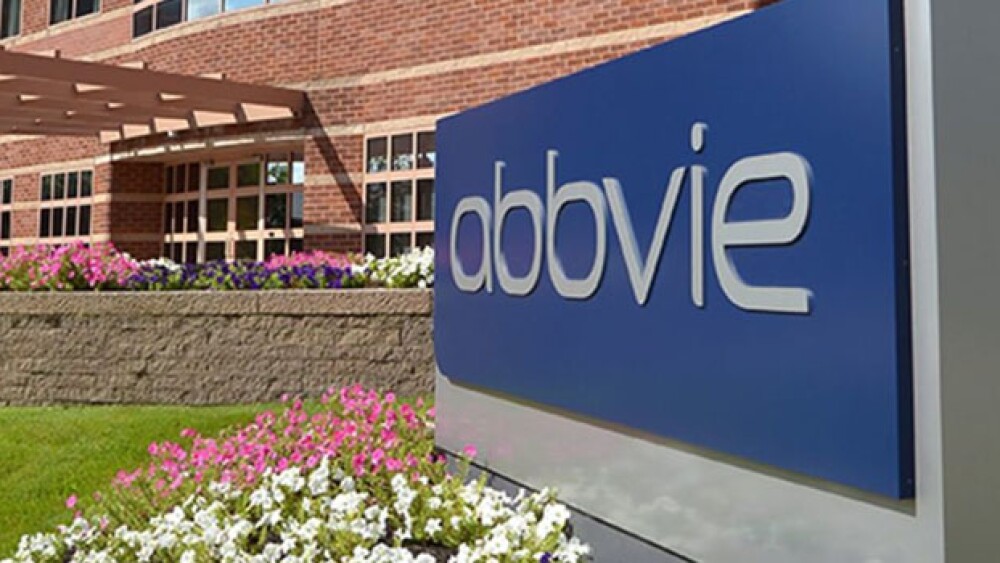The U.S. Food and Drug Administration (FDA) recently reprimanded AbbVie for its processes for investigating reports of deaths associated with three of its drugs.
The U.S. Food and Drug Administration (FDA) recently reprimanded AbbVie for its processes for investigating reports of deaths associated with three of its drugs.
The FDA, in a Form 485 report seen by STAT, said that agency investigators visited AbbVie’s manufacturing facility in North Chicago in late 2017 and reported the company didn’t “thoroughly investigate” five death complaints linked to Humira and Venclexta. According to Pharma Manufacturing, “it failed to compile historical data about those lots and didn’t find that there had been another eight to 11 deaths each linked to the same lots.”
The FDA also criticized the company over how it handled death reports for specific syringe kites for Lupron, which is used to treat endometriosis, prostate cancer and other diseases. The agency claims the company didn’t document if it evaluated reserve drug samples, different strengths, or evaluated if there were other complaints about related lots of the drug.
The company shared a statement with FiercePharma, saying that AbbVie “investigates all complaints where a death has occurred during the use of our products,” and that “written complain procedures are in place to investigate, analyze and resolve complaints.”
It also stated that the company had responded “satisfactorily” to the specified observations. The Form 485 report has yet to be released to the public.
Yesterday, the FDA approved AbbVie and Roche’s combination of Venclexta in combination with Rituxan (rituximab) to treat chronic lymphocytic leukemia (CLL) or small lymphocytic lymphoma (SLL), with or without 17p deletion in patients who have received at least one previous therapy. In 2016, the FDA approved Venclexta as a second-line treatment for CLL patients who have a 17p deletion. This new data and approval give physicians the go-ahead to use the drug combo in patients who don’t have that mutation as well, both alone and in combination with Rituxan. It is also being reviewed by the European Medicines Agency (EMA).
Geoffrey Porges, an analyst with Leerink, projects the combination will make $590 million in 2019. EvaluatePharma has projected Venclexta to bring in $2.5 billion in 2024.
Humira had global sales of $18.4 billion in 2017, making up about 65 percent of AbbVie’s total yearly revenue. In 2016, Lupron brought in $821 million in revenue and in 2017, about $829 million.
AbbVie is not the only company to have the occasional run-in with the FDA on manufacturing issues. In September 2017, Pfizer’s Meridian Medical Technologies plant close to St. Louis, Missouri, received an FDA warning letter for not thoroughly investigating hundreds of complaints about problems with EpiPens. Another Pfizer factory in Kansas was cited by a Form 483 recently with 10 observations, four related to repeat problems.
The FDA keeps a public database of any recalls. The most recent non-food-related recall was on June 4, when Hospira (a Pfizer company)’s Naloxone Hydrochloride Injection was recalled because of the potential presence of particulate matter. And it was in late May that Allergan recalled 170,000 Taytulla birth control pills after a packaging problem that could have led to unwanted pregnancies. That was a voluntary recall made in response to a physician report.





